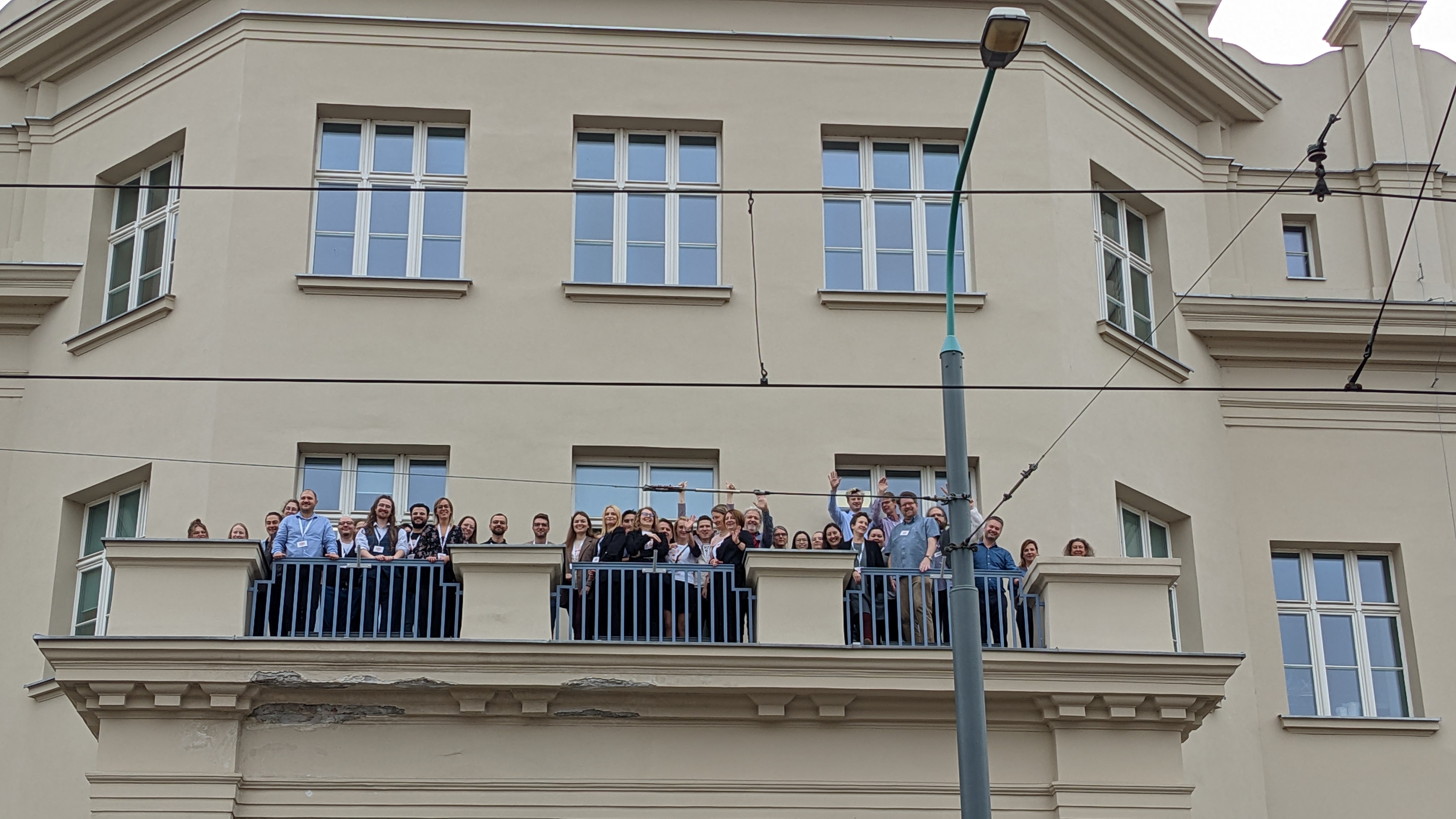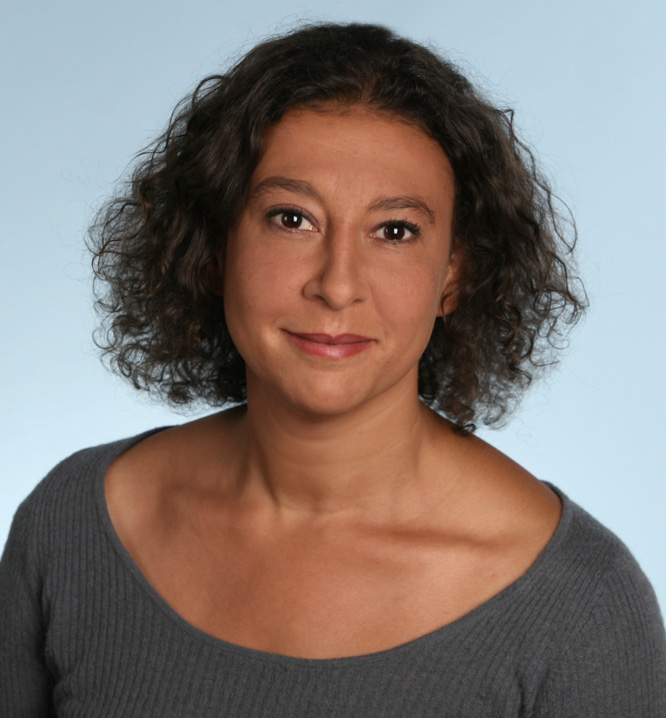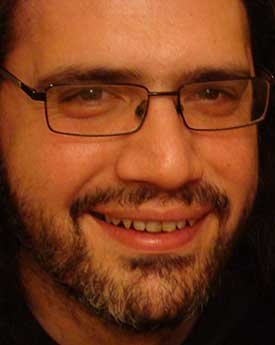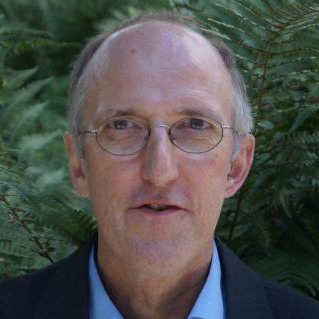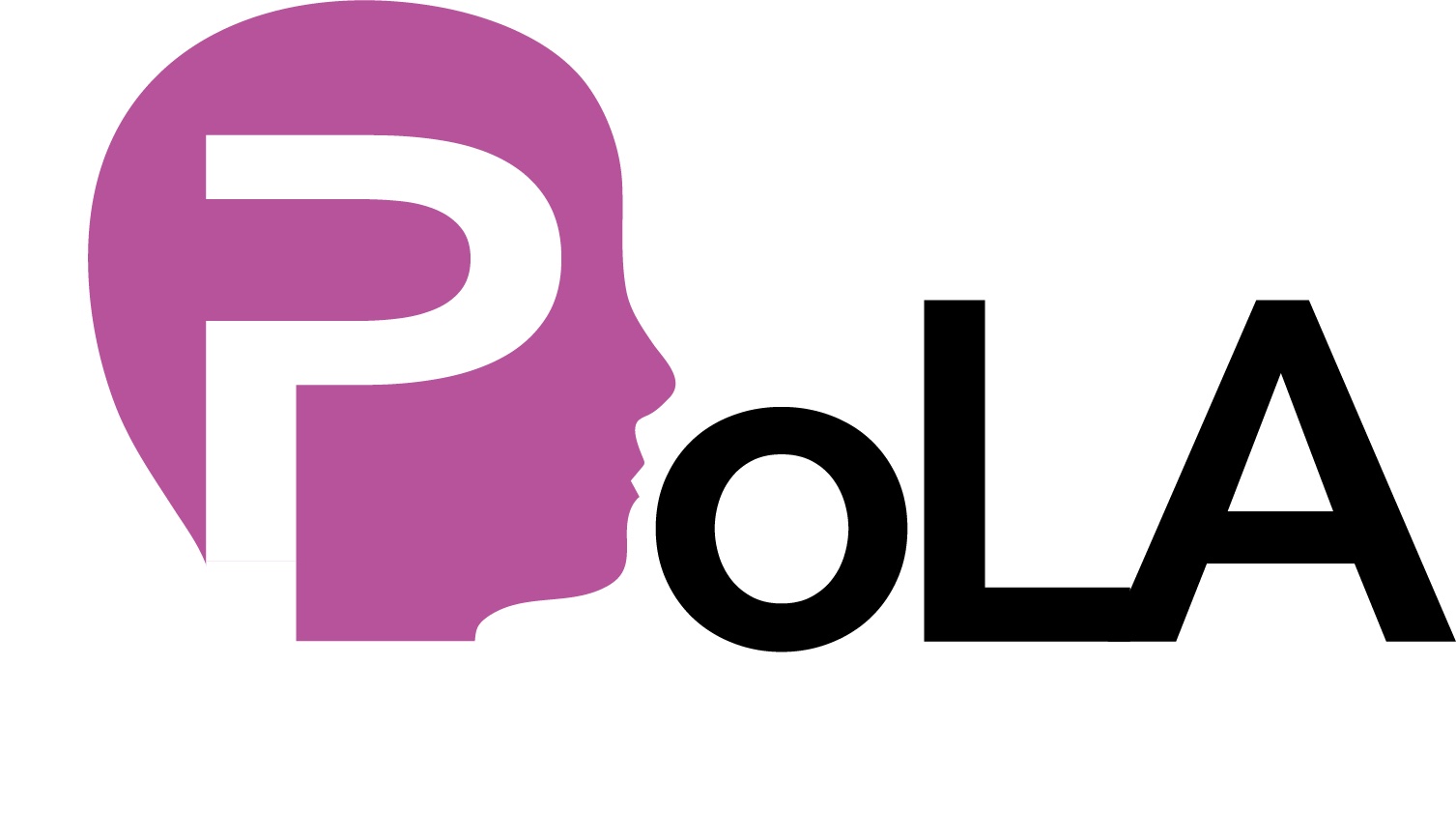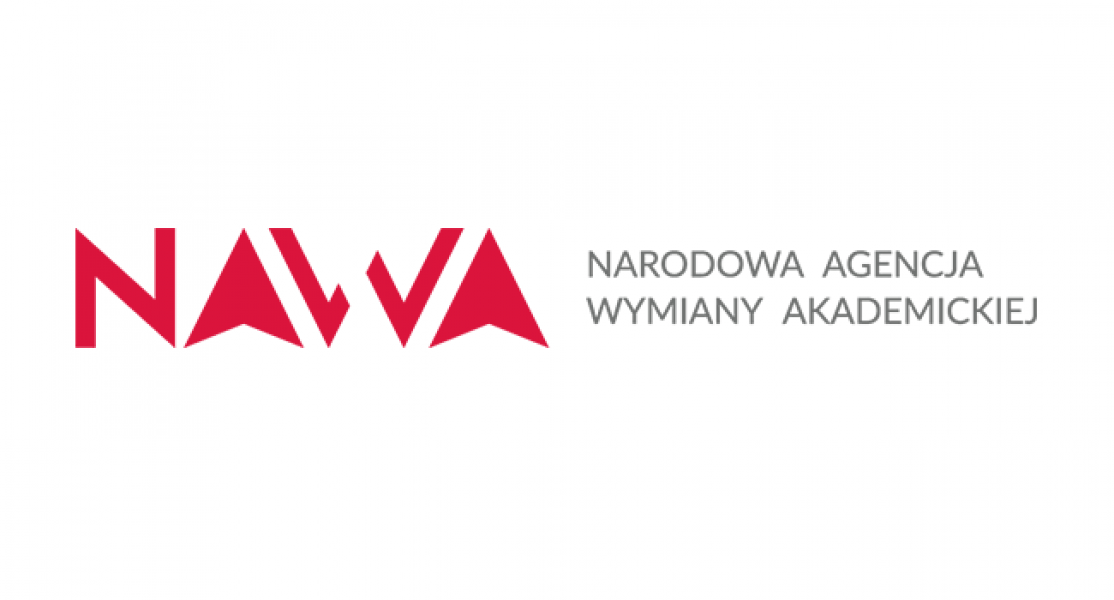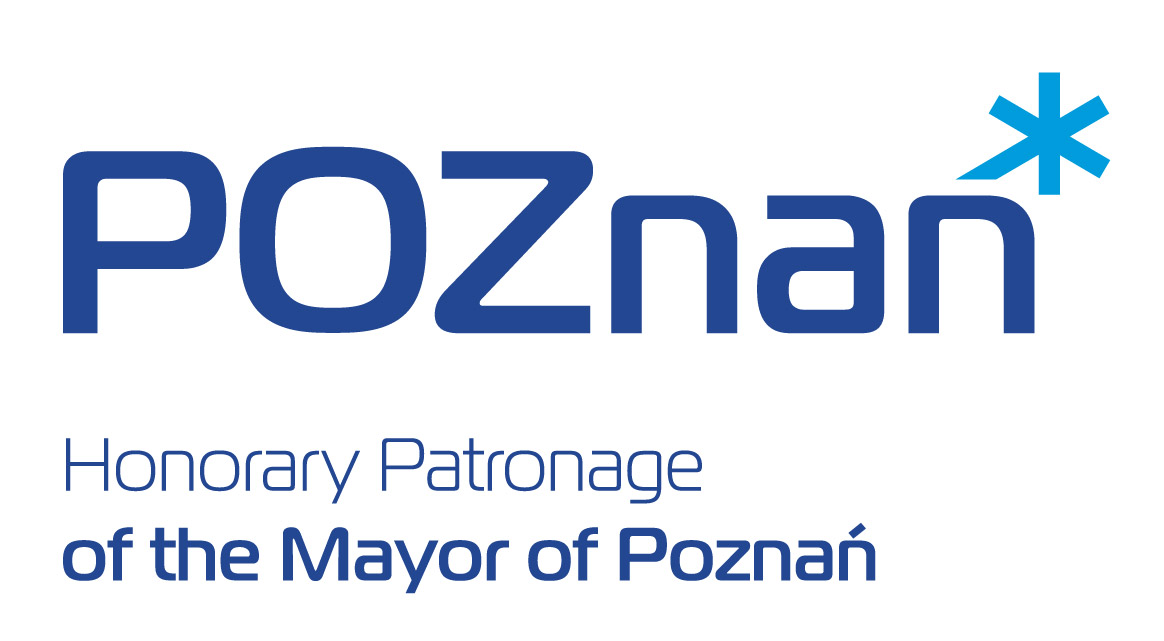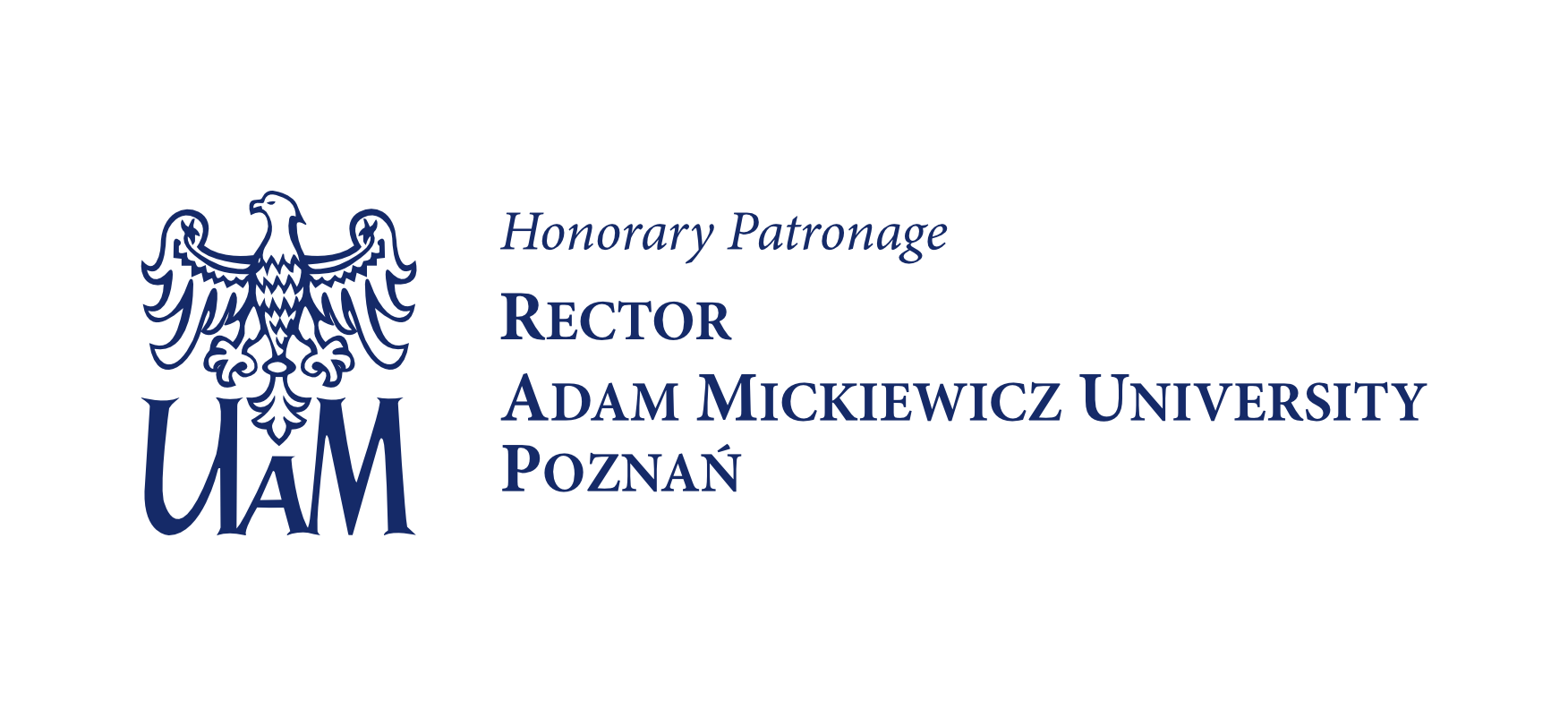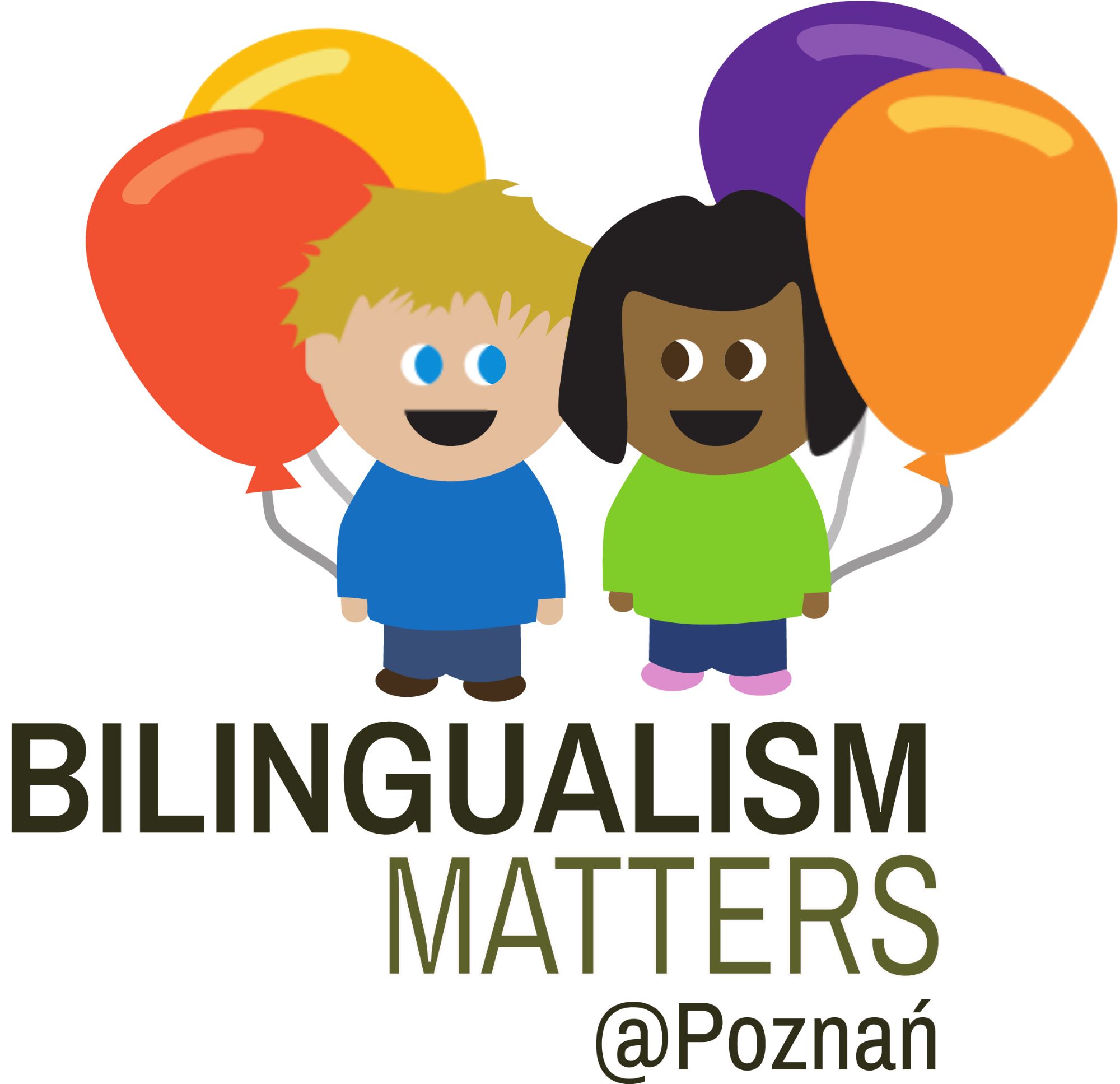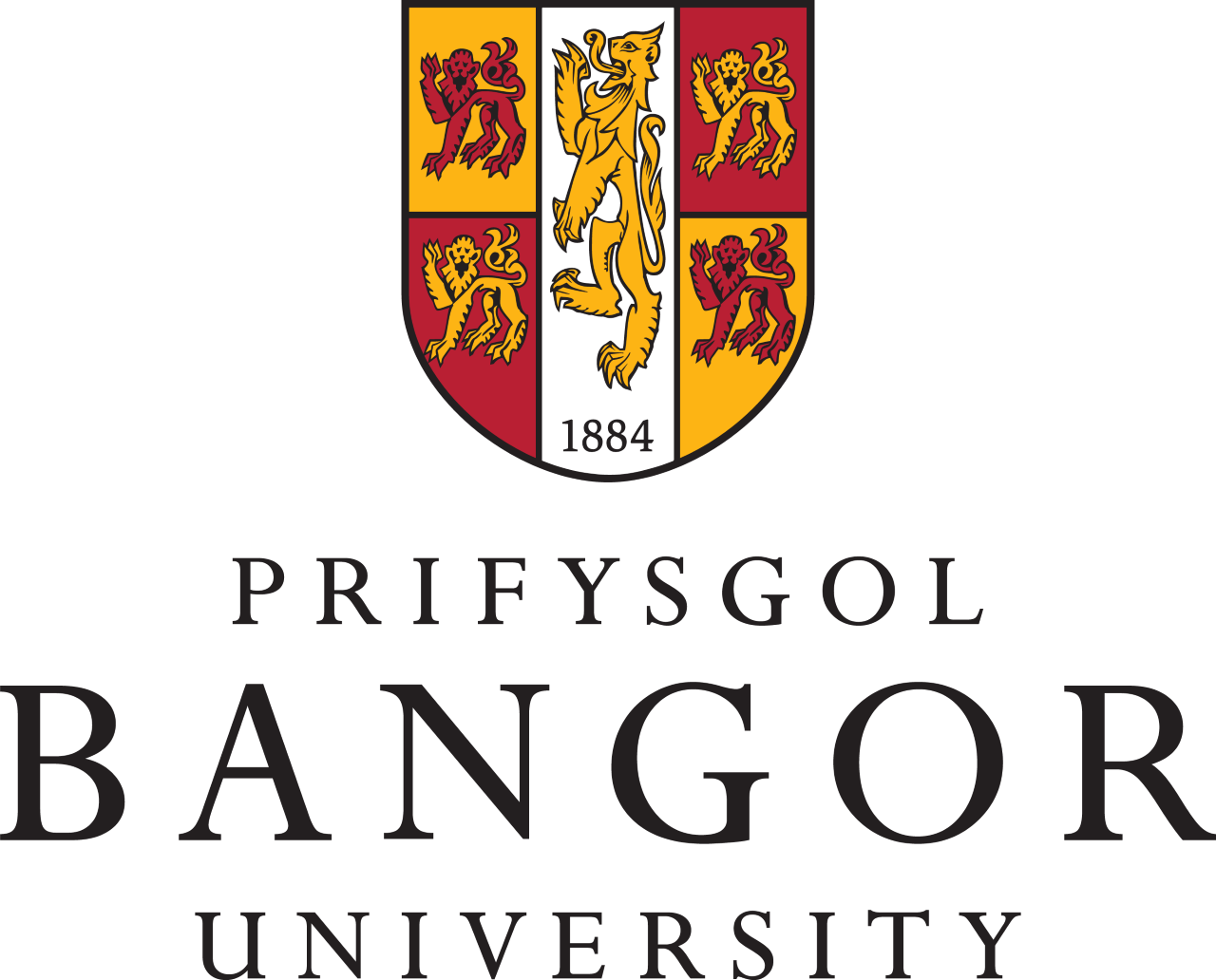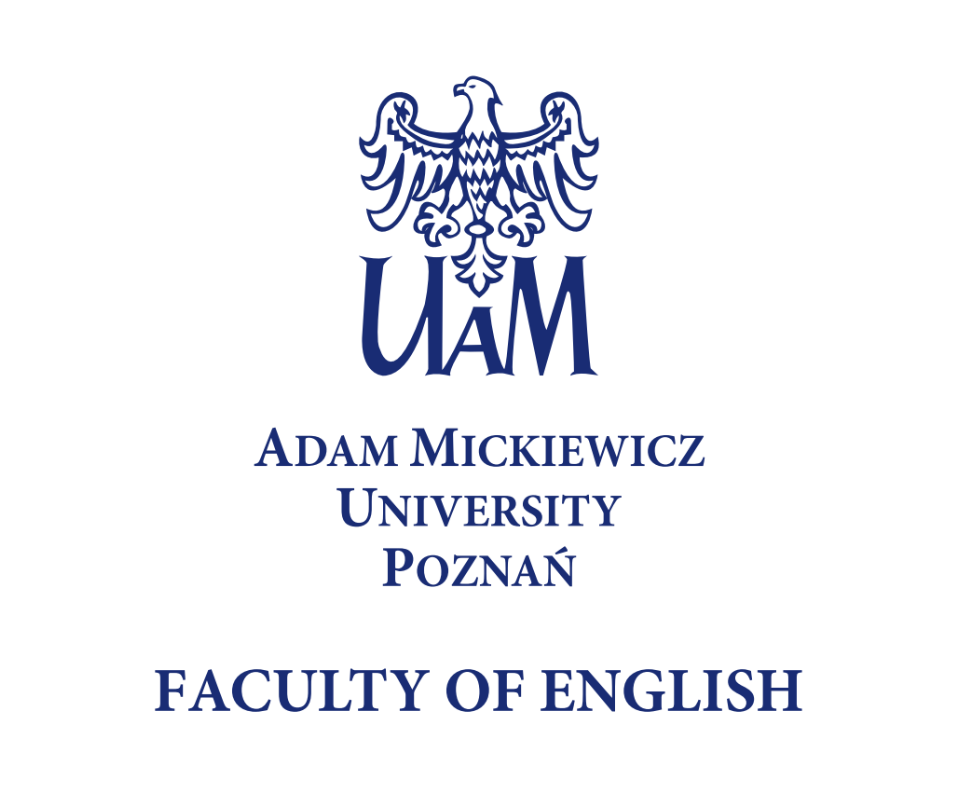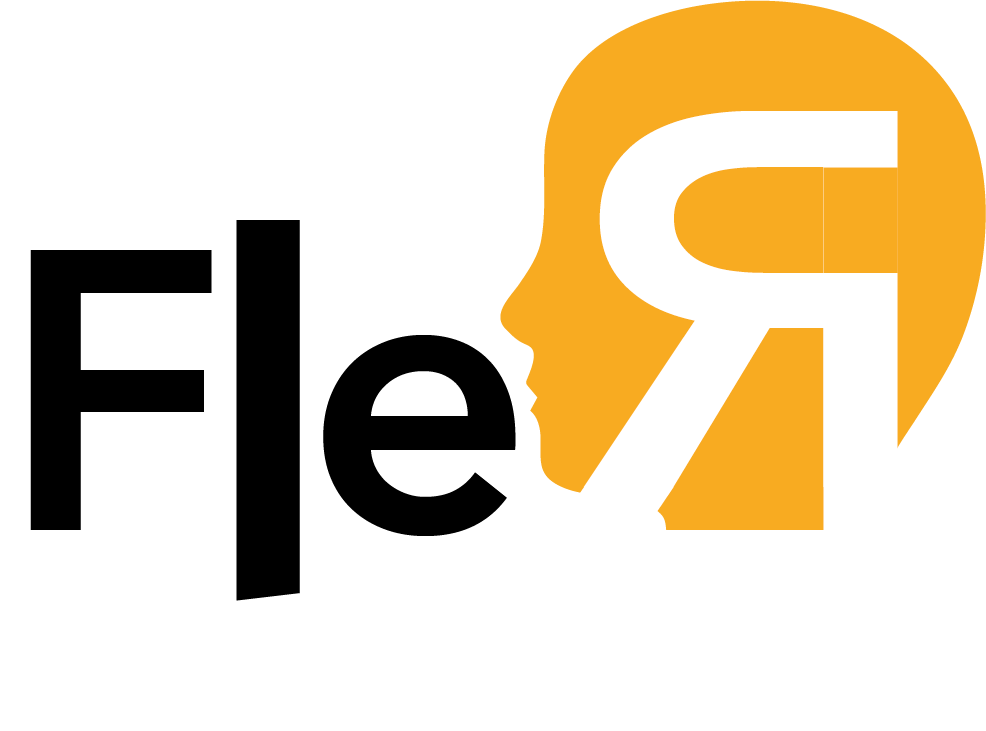Cognitive Neuroscience of Language Embodiment and Relativity
The idea that the language one speaks may shape the way one sees the world, captured in Benjamin Lee Whorf's linguistic relativity principle, has prompted highly contrasted views and vigorous debate amongst academics for almost a century. Theoretical linguists and psychologists, like Noam Chomsky or Steven Pinker, have dismissed the idea entirely, in part because it was incompatible with the theoretical framework of Universal Grammar. Cognitive neuroscientists and experimental psychologists, like Friedemann Pülvermüller or Larry Barsalou, have embraced it as self-evident given the considerable overlap in substrates underpinning language and other cognitive functions in the human brain.
The quest for an optimal evidentiary basis to inform the debate is difficult, however, and many an experimental paradigm is often criticised on the basis that it provides insufficiently controlled stimuli or procedures to support strong conclusions. Whilst language-based studies involving overt reports and questionnaires often fail to acknowledge that they cannot test cognitive effects beyond the realm of language, testing bilinguals systematically downplays the fact that the two languages of a bilingual individual are likely active at the same time. The debate, if there is to be one, thus calls for a triangulation of approaches that test the influence of verbal representations on cognitive processes that are not readily and mandatorily meditated by language (e.g., emotion, memory, categorisation), that tap into implicit processes that are mostly unconscious rather than strategic (e.g., somatotopic activation, visual perception), and that explore developmental trajectories as well as a linguistic diversity more representative of the world's population.
The Cognitive Neuroscience of Language Embodiment and Relativity (CoNSoLER) conference brings together experimental linguists, psycholinguists, and cognitive neuroscientists to identify and present the most convincing evidence available to date that language is a form of embodied cognition. Contribution probing the validity and scope of the linguistic relativity principle are also welcome. CoNSoLER is held in preparation for a special issue of the Cognitive Neuroscience Series of Language Learning to appear in the Spring of 2024.
